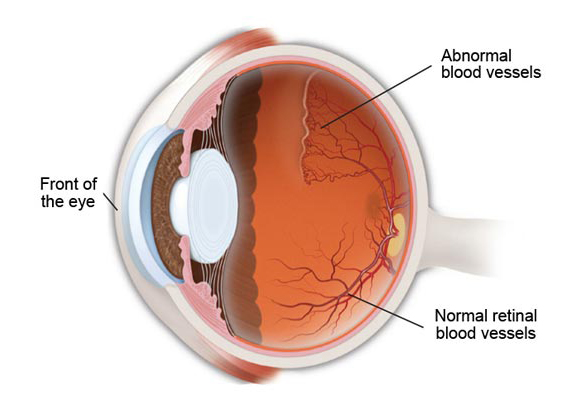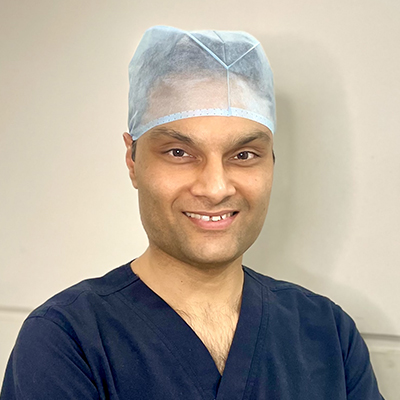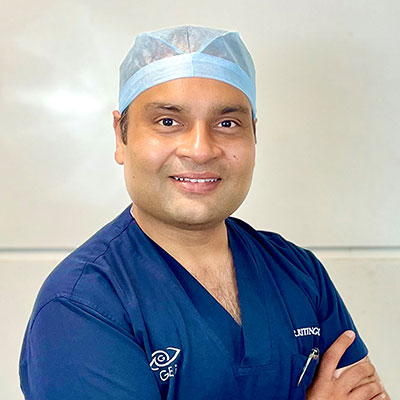What is Retinopathy of Prematurity (ROP)?
Retinopathy of Prematurity (ROP) is a condition in which the blood vessels in the developing retina of a premature infant do not develop properly. The retina is the light-sensitive tissue at the back of the eye, crucial for vision. In ROP, abnormal blood vessels can grow and cause damage, potentially leading to vision problems.




